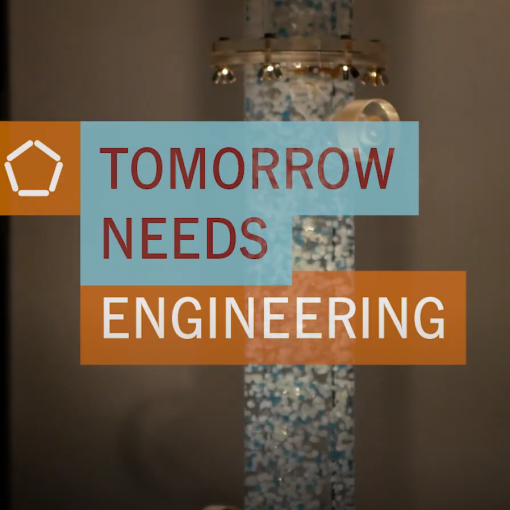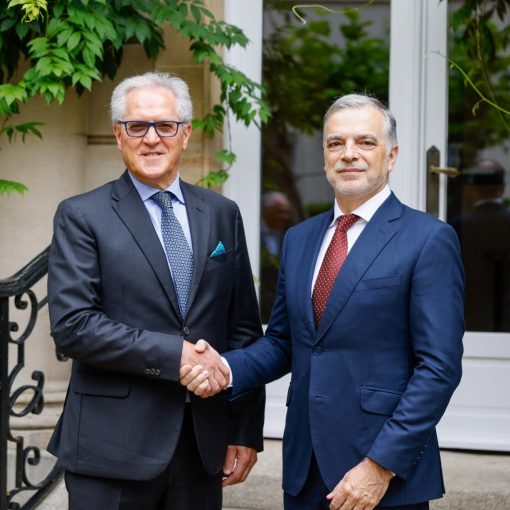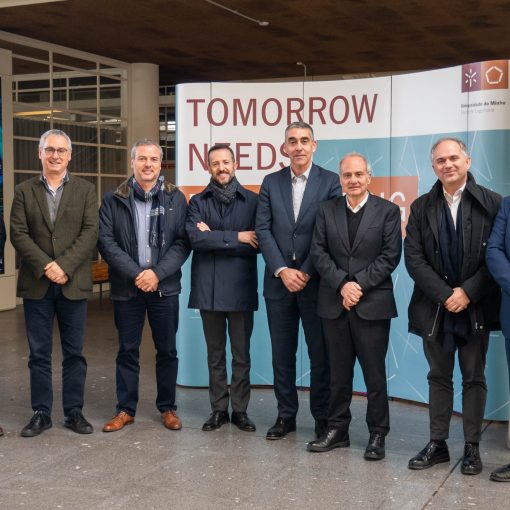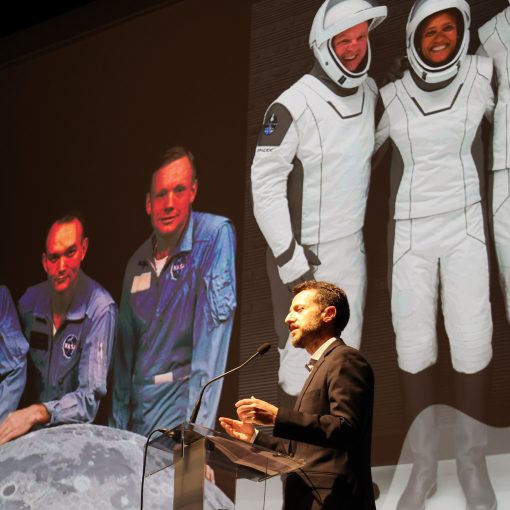
Ciclo de entrevistas aos membros do novo conselho consultivo da Escola de Engenharia. Nesta edição entrevistamos o Prof. Lars Montelius, Diretor do International Iberian Nanotechnology Laboratory (INL).
O Conselho Consultivo da Escola de Engenharia da Universidade do Minho (EEUM) é o órgão de aconselhamento dos órgãos de governo da Escola para assuntos de definição estratégica. Composto por nove personalidades externas à instituição, de reconhecido mérito nos domínios da sua atividade, estes têm como missão pronunciar-se sobre assuntos de caráter pedagógico, científico e de interação com a sociedade.
How did you see the invitation to join the EEUM Advisory Board?
I was honored to receive the invitation and eager to engage and support.
In general terms, what are the main added value that do you think a counseling body like this can bring to the EEUM strategy?
A counseling or advisory body is an important asset to all organisations allowing the management to get comments and reflections on various issues of greatest importance for the governance of the organisation and can work as a sounding board. The collective competences and experiences as well as divergence from such a board can play an enormous role in shaping strategies and opportunities.
What is your perception of the evolution of EEUM and its contribution to the development of the Minho region in recent years?
I believe the EEUM to have been very successful and it has contributed immensely to the development of the region as well as it has contributed to increase the perception of Minho being a fast growing knowledge intense region.
Considering the appointment of Madalena Alves, professor of EEUM, by the State, to the INL Council, as well as the reception of our students to develop their master’s dissertations, the joint organization of events, among other forms of cooperation, as a perspective inthe brief future the relationship between the two institutions?
The appointment of Madalena Alves in the INL Council will certainly allow the enhancement of the interactions between INL and EEUM staff as well as students. In particular it would be very inspiring to establish a larger contact with the Master and PhD students and the post docs for their inclusions in the many industrial projects we at INL are engaged in worldwide and could open for perspectives to spend time abroad internalised in various industries.
For some time now, there has been a growing concern on the part of both the business/industrial fabric, government agencies, but also citizens, regarding issues related to health and the environment. What impact do you think this greater awareness has had on engineering education and research? Do you consider that the future of engineering will be to give priority to lines of research focused on human life, to the detriment of others whose focus is on the creation of products, for example?
The green deal is indeed one of the most important issues presently. Without a strong inclusive and comprehensive effort on all levels, from individuals to institutions and industries, we may not be able to mitigate the global warming and its consequences on our society. I am convinced that the increased societal awareness of the necessities to walk the talk will influence the interests in engineering from the society in a global perspective as well as it puts demand on all of us in the higher education sector to stand up for our scientific social responsibility to secure that knowledge will foster and govern the ways society will evolve. I do not see a problem between humanity and products, they need to be two fully integrated parts of the “instrument” that we must play on for capturing the immense possibilities that will govern the needed green transition creating new and green jobs.
On its 45th anniversary, the School of Engineering officially presented its brand signature “Tomorrow Needs Engineering”. It is an initiative of the current presidency with the aim of affirming the positioning of EEUM as a modern educational and research institution with the capacity and evidence given to face the challenges of “tomorrow”, and a community convinced that the engineering it creates daily will make a difference in the future. Do you understand that this initiative was timely? Does the signature of the Brand in English, in your opinion, reflect the concept that you want to associate with the brand?
The branding of EEUM through “Tomorrow Needs Engineering” was very timely and it articulates well the aspiration of the EEUM to be an important player in the present and coming societal development at large.



